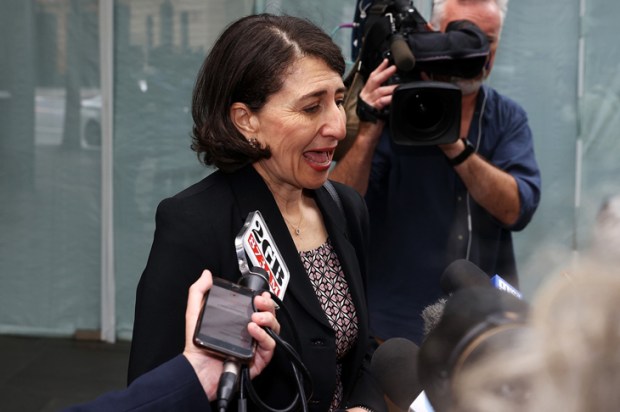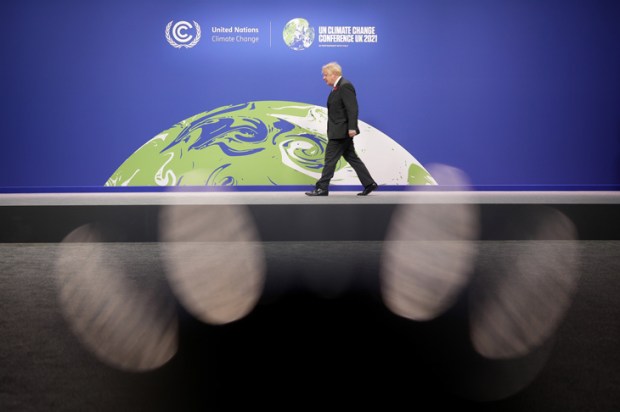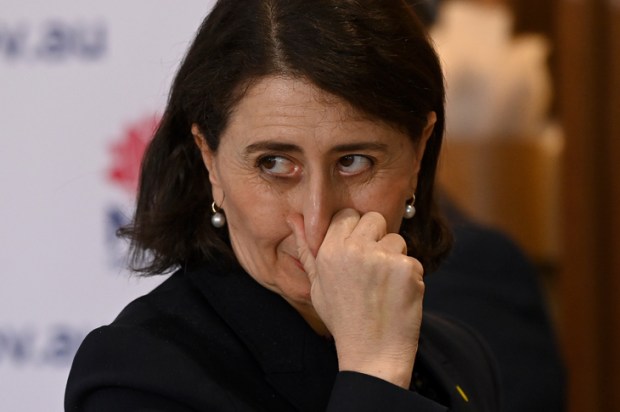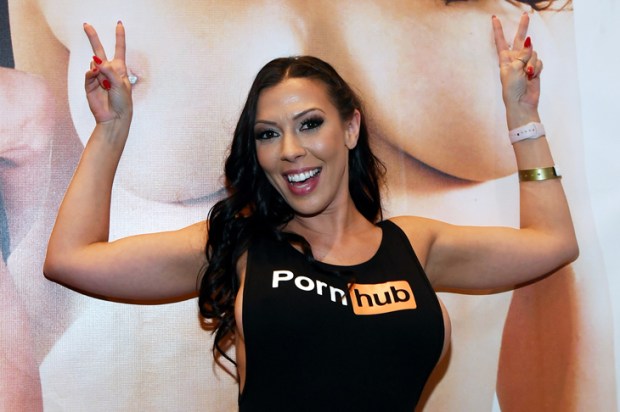In re-reading William Shawcross’s biography of Rupert Murdoch I was struck by the ideological extremism of its subject matter.
In re-reading William Shawcross’s biography of Rupert Murdoch I was struck by the ideological extremism of its subject matter. At this point, you may be bracing yourself in anticipation of a tirade against Murdoch’s conservatism. Relax, loosen your grip on the pages of this magazine and discover the other side of Citizen Murdoch.
As a young man he was quite the radical. While at Oxford, one of his treasured possessions was a bust of Vladimir Ilyich Lenin. In January 1953 Murdoch wrote of how:
Yesterday was the 29th anniversary (of the death) of the Great Teacher. We stood to attention for one minute in front of The Bust on the mantelpiece and drank several toasts, and then settled down to some good reading of adulatory Russian poetry.
As one does. And as all true socialists did at the height of the Cold War.
Lest it be thought Murdoch’s fetish for Leninism was a passing fad, one of the ideological indulgences of youth, fast forward seven years to 1960. Rupert might have been collecting mastheads faster than most people were collecting Elvis records, but it didn’t stop him from visiting Fidel Castro’s regime and writing ‘a rather starry-eyed article arguing that the United States must reverse its opposition to Cuba’.
Supporting the Whitlam government in 1972 was, by comparison, mild. Murdoch was a Marxist, a commie, a Ruskie, a believer in the collective ownership of the means of production. Sure, he was harvesting the surplus value of journalists and printers at the time, but this was more about redeeming his father’s mistreatment at the hands of the Melbourne business establishment. In his heart, he was red.
It is too easily forgotten that Murdoch came from a family with a finely-tuned sense of social responsibility, the old-world notion of noblesse oblige. This was evident when his mother, Dame Elisabeth, publicly supported the carbon tax, based on our collective responsibility to ‘build a better, cleaner and more sustainable future, for the sake of our children and grandchildren’. Only a barbarian like Piers Akerman could suggest she was being ‘used’, casting doubt on her true opinion of climate change.
Against this history, it is somewhat incongruous for News Limited’s reporters to be ranting about socialist tendencies within the Greens. Better to reflect, one would have thought, on how their proprietor has lost his way, and how the humanism of the Murdoch family has been supplanted by the evil of phone-hacking and bribery. Given a choice between Bob Brown’s humane values and the crass sensationalism of tabloid journalism, Murdoch’s Dancing Bears are in no position to be lecturing anyone.
Another icon of the Australian media is also under pressure. Not content with desecrating Channel Nine’s rugby league coverage with tedious live-betting updates, the station’s CEO, David Gyngell, wants to squeeze advertising spots into every conceivable stoppage in the game. ‘If we get more commercial breaks and allow sponsors to get greater benefits,’ he reckons, ‘it may be worth $50,000 to $100,000 per game.’ The media often try to portray themselves as acting in the community interest. Gyngell has again demonstrated it’s all about money.
The betting announcements are particularly objectionable — a problem infecting most sports broadcasts in Australia. Viewers hoping to cheer on their favourite team are trapped into listening to a regular call of bookmakers’ boards. The commercialisation of sport has gone far enough without turning it into a shopfront for online gambling sites.
Tomorrow rugby league returns to its (drunken) roots, the result of a wacky initiative by 2GB shock-jock Ray Hadley. In the southern NSW town of Junee, he has organised for a statue to be unveiled in honour of Channel Nine commentator Ray ‘Rabbits’ Warren. This coincides with a major junior competition in the district. Hadley hopes to promote Warren as a role model for young men playing the game. If he had consulted this writer, the foolhardiness of his strategy would have been clear.
I was there the night of Rabbits’ greatest disgrace, a witness to what became known as The Barfarama. In the early 1980s the Parramatta Eels defeated the Manly Sea Eagles to win another premiership. In celebrating at their Leagues Club that night, the main attraction was Rabbits. He looked like he had been hit by a dose of myxomatosis, his drunken frame slumped across the club’s front bar.
Warren was approached by a group of young men (clean-cut and respectful, the type of protégés Hadley has in mind) seeking his advice on an important issue. Word had gone out that the legendary Eels coach Jack Gibson refused to speak to Rabbits — a devastating blow to his standing in the game.
The young men asked, innocently enough, ‘Ray, why won’t Gibbo talk to you?’ The reply was stunning. His expression deeply engraved in alcohol, Rabbits lifted his head and yelled, ‘f*** off!’ No matter how many times the youngsters tried to start a conversation, Warren’s response was the same: a slurring, aggressive profanity.
The sequence was broken by something even more disturbing. Rabbits was physically sick across the bar, after which he had to be carried out of the club. Thereafter he was known as ‘Spewy’ Warren.
Adding to the farce in Junee tomorrow, Spewy’s statue will be unveiled by the NSW Premier, Barry O’Farrell. Australian politics truly is the theatre of the absurd.
The post Latham’s law appeared first on The Spectator.
Got something to add? Join the discussion and comment below.
Get 10 issues for just $10
Subscribe to The Spectator Australia today for the next 10 magazine issues, plus full online access, for just $10.














Comments
Don't miss out
Join the conversation with other Spectator Australia readers. Subscribe to leave a comment.
SUBSCRIBEAlready a subscriber? Log in